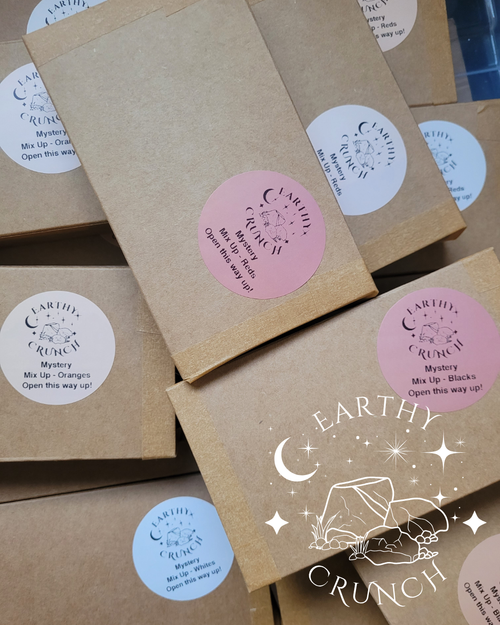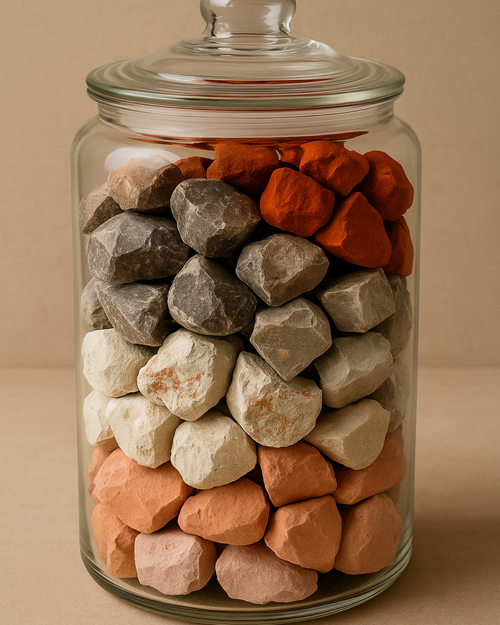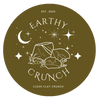Pregnancy can bring about all sorts of unusual cravings – from midnight toast marathons to jars of pickles and ice cream. But for some, those cravings take an unexpected turn towards things that aren’t technically food at all. This is where pica comes in – the urge to eat non-food substances such as clay, chalk, soil or ice.
It’s more common than you might think, and it’s been documented across many cultures and generations. But what does the science actually say about pica and pregnancy? Let’s take a closer, compassionate look.
What is pica?
Pica is the term used to describe the persistent craving and consumption of non-nutritive substances – things that aren’t considered food. These can include clay, chalk, soil, starch, paper, ice, or even soap.
In the context of pregnancy, pica often appears as geophagia, or the craving for earth-based materials like clay and soil. It’s been recorded in medical literature for centuries, especially among pregnant women in Africa, Asia, and parts of the southern United States.
Why does pica appear during pregnancy?
The exact cause isn’t fully understood, but researchers suggest a few possible explanations:
-
Nutrient deficiencies: Some studies link pica to low iron or zinc levels. The idea is that the body might crave certain substances as a way of compensating for what it’s missing, though evidence is still mixed.
-
Cultural practice: In many regions, eating clay or soil is part of long-standing tradition – passed down through generations and associated with cleansing, cooling, or morning sickness relief.
-
Sensory comfort: For others, the texture, crunch or earthy flavour simply provides comfort or satisfaction during a time of heightened senses and changing hormones.
Whatever the reason, it’s important to approach pica with empathy rather than judgement. Cravings are deeply personal, and understanding them starts with care.
What do health professionals say?
Health professionals generally agree that while mild pica may not always cause harm, it can pose risks – especially if the materials consumed are not clean or are sourced from unknown origins. Potential concerns include:
-
Exposure to contaminants or heavy metals (such as lead or arsenic) in certain soils or clays.
-
Digestive issues if substances block the intestines or interfere with nutrient absorption.
-
Infection risk, particularly if the material has not been sterilised or naturally treated.
Because of this, most midwives and doctors recommend discussing any cravings for non-food items openly. It’s not something to be embarrassed about – it’s something to be managed safely with support and medical advice.
Safe choices and precautions
If you experience cravings for clay or chalk during pregnancy, the safest approach is to speak to your GP or midwife first. They can check for nutrient deficiencies, offer supplements if needed, and help you find safe ways to satisfy the craving if it persists.
For those who enjoy the sensory aspect of clay or chalk, some people explore food-grade, natural clays from trusted sources that are tested for purity and free from additives. However, even with clean and natural products, it’s still best to consult a healthcare professional before consuming anything non-traditional during pregnancy.
At Earthy Crunch UK, we focus on safe, transparent sourcing and clear product labelling – but our products are intended for adult hobby use only, and not as a replacement for food or medical advice.
The takeaway
Pica and geophagia during pregnancy are more common than many realise, and while they can be harmless in some cases, they also deserve care and professional guidance. Open conversations, regular health checks and mindful sourcing make all the difference.
If you’re experiencing cravings for clay or earth, you’re not alone – and it doesn’t mean you’re doing anything wrong. Just take it as a cue to listen to your body, talk to your healthcare provider, and find the safest way to keep both you and your little one healthy.
Disclaimer
This article is for educational purposes only and is not intended as medical advice. Always consult a qualified healthcare professional before consuming any non-food substances, particularly during pregnancy.



0 comments